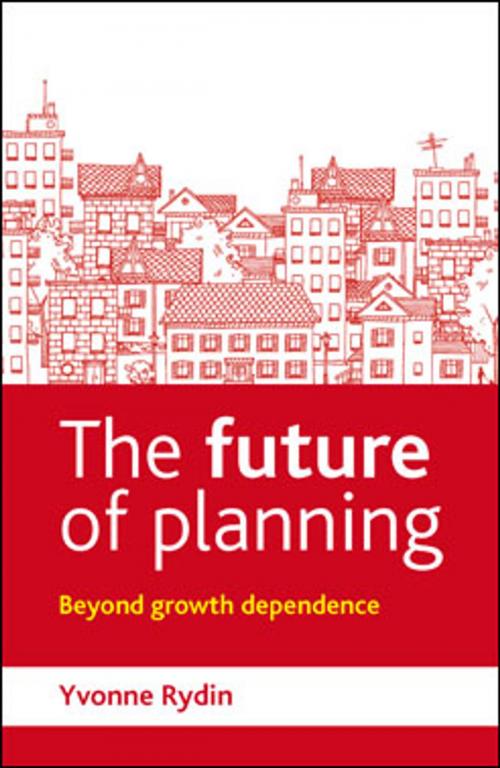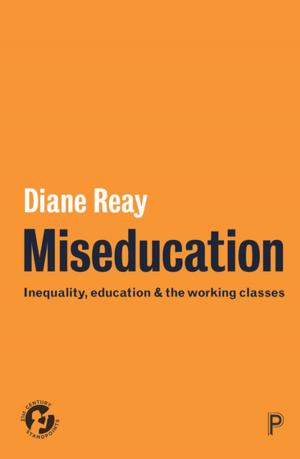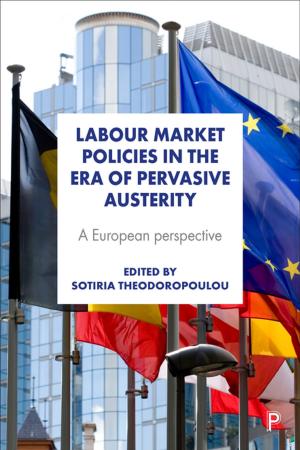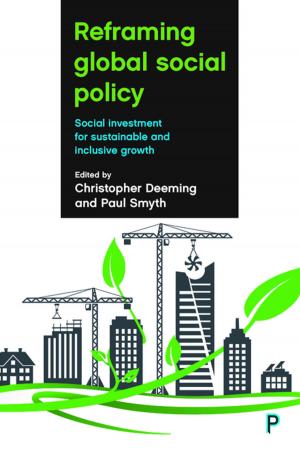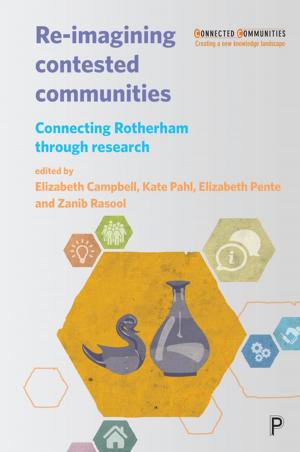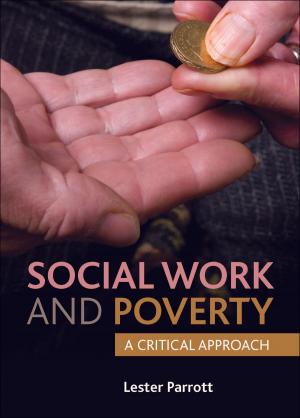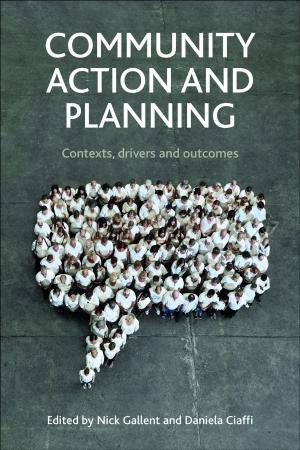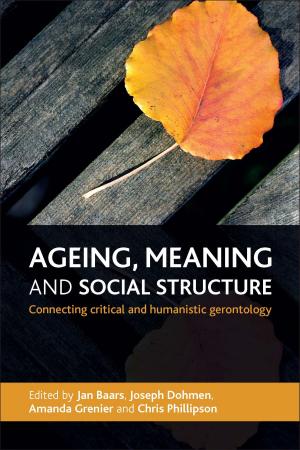The future of planning
Beyond growth dependence
Nonfiction, Social & Cultural Studies, Social Science, Human Geography, Science & Nature, Science| Author: | Rydin, Yvonne | ISBN: | 9781447312079 |
| Publisher: | Policy Press | Publication: | September 11, 2013 |
| Imprint: | Policy Press | Language: | English |
| Author: | Rydin, Yvonne |
| ISBN: | 9781447312079 |
| Publisher: | Policy Press |
| Publication: | September 11, 2013 |
| Imprint: | Policy Press |
| Language: | English |
For the past half-century, the planning system has operated on the basis of a growth-dependence paradigm. It has been based on market-led urban development and has sought to provide community benefits from a share of development profits. However, we do not live in a world where growth can be taken for granted and we are more aware than previously of the implications for well-being and sustainability. This timely book provides a fresh analysis of the limitations of the growth-dependence planning paradigm. It considers alternative urban development models, ways of protecting and enhancing existing low value land uses and means of managing community assets within the built environment. In each case it spells out the role that a reformed planning system could play in establishing a new agenda for planning. The book will be of relevance to planning students, planning professionals and planning academics, as well as urban policy specialists more generally.
For the past half-century, the planning system has operated on the basis of a growth-dependence paradigm. It has been based on market-led urban development and has sought to provide community benefits from a share of development profits. However, we do not live in a world where growth can be taken for granted and we are more aware than previously of the implications for well-being and sustainability. This timely book provides a fresh analysis of the limitations of the growth-dependence planning paradigm. It considers alternative urban development models, ways of protecting and enhancing existing low value land uses and means of managing community assets within the built environment. In each case it spells out the role that a reformed planning system could play in establishing a new agenda for planning. The book will be of relevance to planning students, planning professionals and planning academics, as well as urban policy specialists more generally.
